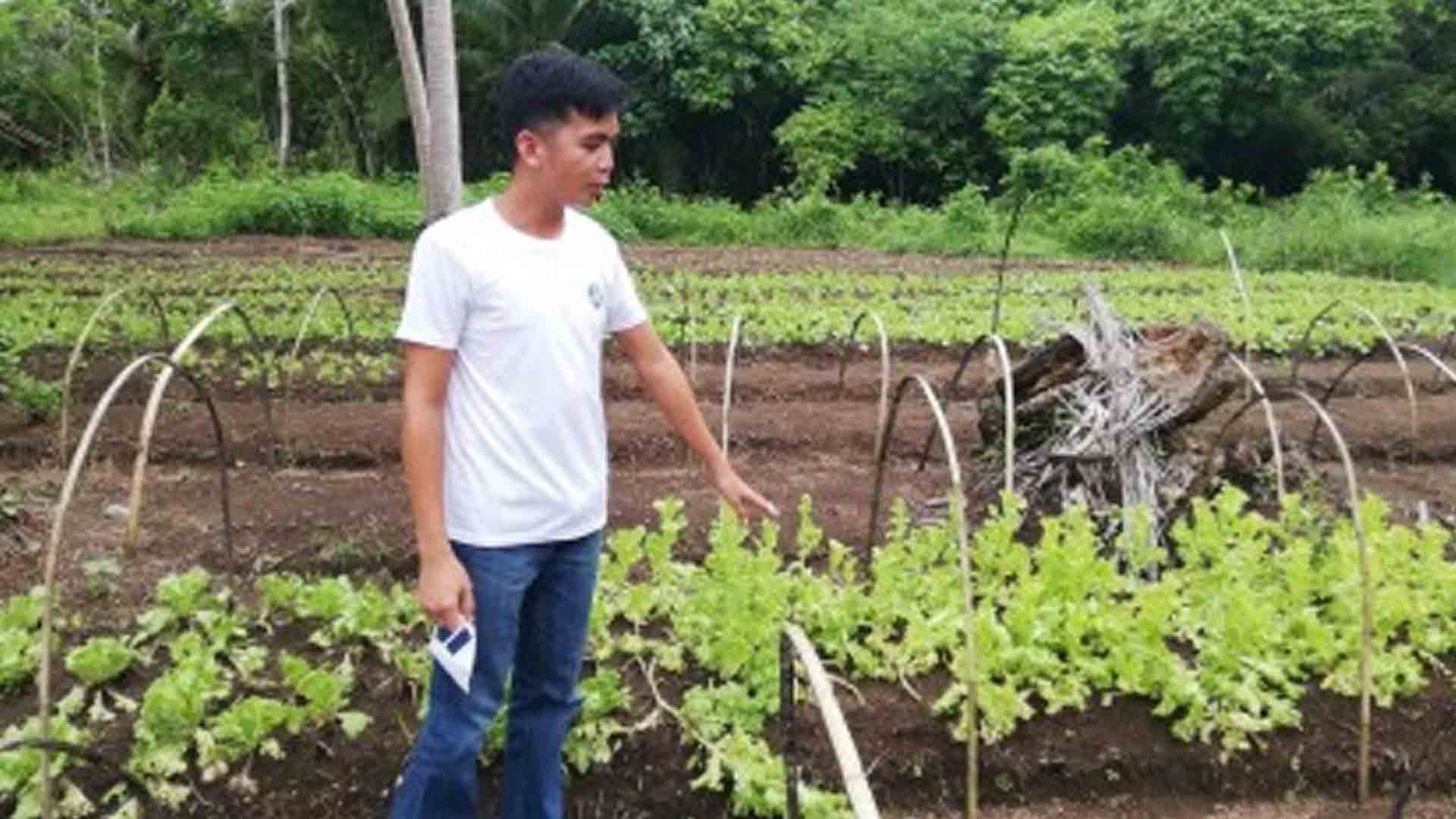Challenged by an old man’s claim that there is no life in farming, a millennial in this town left his white-collar job and ventured into agriculture, an industry not so attractive to young generations.
It was in 2017 when Andres Rey Cagara, 27, quit his job as a livelihood coordinator of the local government to join a group of older villagers trained on integrated farming.
“As a local government employee, I used to train farmers. In one gathering, an old man insisted that he was a living witness that there’s no life in farming. I really wanted to prove to him that he was wrong. I decided to go farming,” Cagara told the Philippine News Agency on Wednesday.
Cagara, a tourism, hotel, and restaurant management graduate, said he has been working hard in the past three years as he rekindled his love for agriculture.
His passion for farming waned when he joined the corporate world as a cashier inventory officer of a big telecommunication firm assigned in Tacloban City.
In the past three years, he has been an active officer of a farmers’ group in their village in Dumalag, managing a poultry farm, high-value crops cultivation, piggery, goat production, among others.
The 24-member association successfully grew its assets and acquired new properties to further expand farming.
Three days before the community quarantine in March, their family acquired a hectare of idle farmland in their village, laying down plans to transform the site into a farm tourism destination.
“Due to movement restrictions, we shifted our focus to mere food production to sustain the food requirement of our family. This lockdown helped us to think of more strategies to develop this farm,” Cagara added.
He named the farm as “Ark Haven” inspired by the biblical story of Noah’s Ark.
“Ark represents preparation for any crisis. This is what we have been doing here in the past seven months,” he said.
Cagara has been cultivating high-value crops such as lettuce, herbs, bell pepper, assorted vegetables, and some root crops.
He also invested in egg layer farms, flower gardens, rabbit raising, and hog production. His plan is to set-up a tilapia pond.
“We have already hired four workers and (we are) earning an average net income of PHP15,000 monthly, more than my salary as a livelihood coordinator of the local government. That old man was wrong because there is really life in farming,” Cagara said.
“The pandemic showed that farmers are the backbone of society by providing healthy food. Agriculture needs a new generation of workers to feed the rest of us,” he added.
Raised by a politician father and public school teacher mother, he is thankful to his parents for supporting his interest in agriculture.
In many ways, the millennial farmer has been advocating for young generations to engage in food production to contribute to the local government’s goal to promote Burauen town as one of the farm tourism destinations in Leyte. (PNA)








